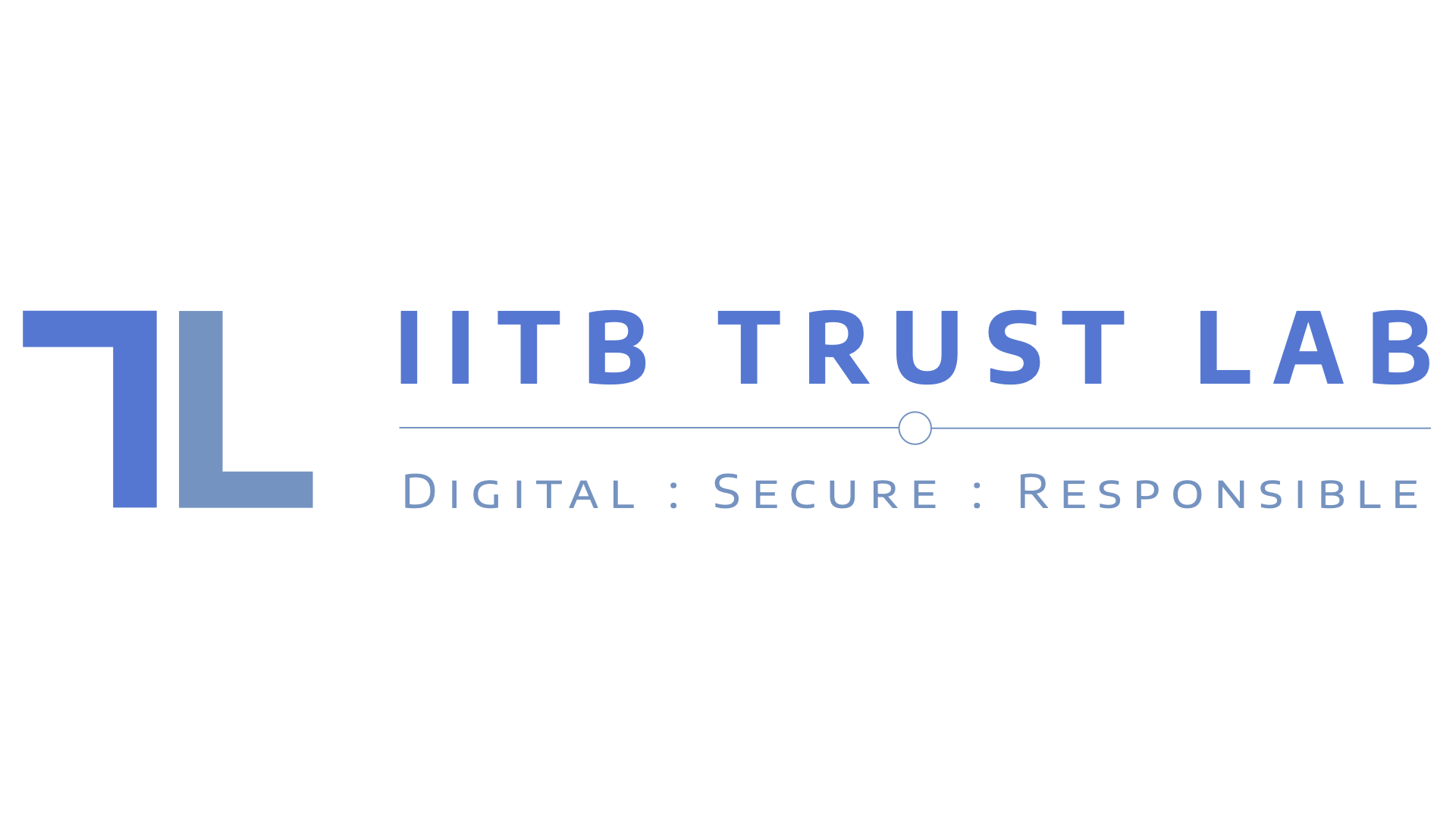Should we use the tools that can destroy us to help us? This high-school student developed a tool to flag potential extremists on Reddit and then engage with them to de-radicalize them. According to the student, he never actually employed the chat function on real persons, only on fake accounts. Reddit’s terms forbid using AI (…)
Supply chain attacks are improving through automation. Adding new libraries to a software project has always been a point of vulnerability, but now that tools like ‘Cursor’ can add libraries automatically, developers are paying less attention to what gets installed. Some tools add libraries that send API keys of LLMs to attackers and load other (…)
Interested in this training? Reach out to us to discuss Teaser Step into the future of digital identity with our immersive training, “SWIYU Integration – Privacy-Preserving Solutions for the Swiss eID.”Tailored for engineers, this course provides a comprehensive exploration of the Swiss eID system, offering an in-depth understanding of its authentication protocols, security measures, and (…)
November 7th, 2025, 09h00-12h30, EPFL Introduction Agentic AI—capable of autonomously handling tasks, coordinatingworkflows, and interacting with people and systems—continues totransform how organizations operate. Unlock the potential of agentic AI with our course, “Agentic AI Unveiled: Myth, Reality, and Trust.” Designed specifically for decision makers, this 2.75-hour program provides a clear and comprehensive overview of AI (…)
I like this insight into how a cybersecurity company works to defend against adversaries trying to infiltrate them. According to this article, one of the most important attack vectors is job applicants who want to infiltrate the company. Which of course makes sense, now that other attacks become more difficult, going back to the good (…)
Large language models (LLMs) are trained on huge amounts of data, but companies rarely explain exactly what data they use. This makes it hard to trust these models, since bad data can lead to wrong answers. There’s also a legal problem: Is it allowed to use free online content (like books or articles) for training, (…)
This article reveals how North Korean agents are finding jobs in IT by exploiting remote working opportunities and AI-powered interviews. This combination of espionage and “legitimate” job hunting creates a worrying new security challenge, as companies cannot verify who they are actually hiring. This sophisticated operation illustrates the evolution of cybersecurity threats, which are no (…)
Regulations are only effective when properly enforced. Following the introduction of numerous digital regulations in recent years, it is now high time to focus on their effective implementation and enforcement. The Digital Markets Act (DMA) seeks to promote fair competition by protecting smaller businesses from potential abuses by dominant market players. However, its enforcement will (…)

November 19th, 2025, 09h30-17h30, Starling Hotel, 1025 Saint-Sulpice Introduction As we enter the agentic era, AI agents are increasingly integrated into various aspects of modern life, performing tasks that range from personal assistance and financial management to complex decision-making in industries. These AI agents, driven by powerful algorithms, are transforming how we interact with technology (…)
Wednesday, June 3rd, 5th or 10th, 2025, 09h-13h30 (tbc), BC 410, EPFL Introduction The transition towards digital solutions in Swiss democratic processes, such as e-collecting of signatures for initiatives and referenda, presents both opportunities and challenges. With increasing concerns about fraud, privacy, and data security, there is a pressing need to develop a trustworthy and (…)

Interested in this theme? Looking to participate or collaborate on an initiative? The increasing prevalence of AI-powered systems and autonomous agents requires a shift in how we approach software development. It is critical to explore technologies, policies, and collaborations that enhance trust in software applications, particularly in an era where AI agents play an active (…)
Interested in this theme? Looking to participate or collaborate on an initiative? In an increasingly digital society, trust in democratic processes, institutions, and identity systems is fundamental to maintaining social stability and governance. Digital democracy relies on resilient e-governance infrastructures such as secure and privacy-preserving digital identities, trusted online platforms for citizen participation and cybersecure (…)
I found this short paper by John Kelsey and Bruce Schneier an insightful take on common fallacies in security – and how, despite not actually increasing security per se, they can still have beneficial side-effects, such making users feel more secure. Nonetheless, the people responsible for the security of their systems should have a clear-eyed (…)

The latest edition of Trust Matters, IITB’s newsletter on all things digital trust, is out. Check it out here.

CV Summit Zurich is Europe’s premium blockchain, AI, and emerging tech business event which convenes leaders, facilitates high-level discourse and connection. It takes place in Switzerland, a leading blockchain landscape and home of ‘Crypto Valley’.
We all heard that big AI companies need petabytes of data for training their new models. And we all heard that they don’t really care where they get their data from. Besides potential copyright infringement, this crawling takes another toll on some Open Source projects: Continuously requesting data over and over is similar to a (…)
If the revelation that Trump administration officials accidentally added journalist Jeffrey Goldberg to a Signal group chat about sensitive military plans for airstrikes in Yemen wasn’t alarming enough, new reports now show that multiple Venmo accounts linked to former Trump officials were left publicly accessible, exposing sensitive connections and financial transactions. While the data leaked (…)
This is a curated list of proposed subjects for the upcoming year for our C4DT partners. You can find more suggestions here: Additional Subjects. The projects are split in two categories: hands-on workshops, which are a 1-day training on a given subject, and project suggestions, based on current research of our affiliated labs: Summary of (…)
This is an additional set of hands-on workshops and projects for the upcoming year for our C4DT partners. You can find the chosen selection here: Main Subjects. The projects are split in two categories: hands-on workshops, which are a 1-day training on a given subject, and project suggestions, based on current research of our affiliated (…)

AI for Good is identifying innovative AI applications, building skills and standards, and advancing partnerships to solve global challenges.
The summit is organized by ITU in partnership with over 40 UN Sister Agencies and co-convened with the Government of Switzerland.
AI plays a vital role in the digitalization of the public sector. The strategy for integrating AI systems within the Swiss Federal Administration highlights the need for a multipronged approach. While I agree that developing skills and building trust are essential initial steps and likely top priorities, the true challenge lies in addressing the lack (…)
Restarting USAID and putting all payments on a blockchain? Why not? Well, for one, as one expert in the sector is quoted as saying: ‘I don’t think we were ever able to find an instance where people were using blockchain where they couldn’t use existing tools’. The Trump administration says that the move to blockchain (…)
Supply chain attacks will continue to hit the news in an increasingly interconnected development ecosystem as organizations rely on third-party components and actions. This seems inevitable. What I find interesting about this case is the threat actors’ approach to compromise software while it is still under development, which sets itself apart from attacks such as (…)
This investigation highlights a crucial cybersecurity reality: while we often focus on sophisticated zero-day exploits, the greater threat comes from known vulnerabilities and misplaced trust. One million Android devices weren’t compromised through cutting-edge techniques but through traditional means – preinstalled backdoors and users installing unvetted apps outside official stores. The victims were vulnerable because they (…)




